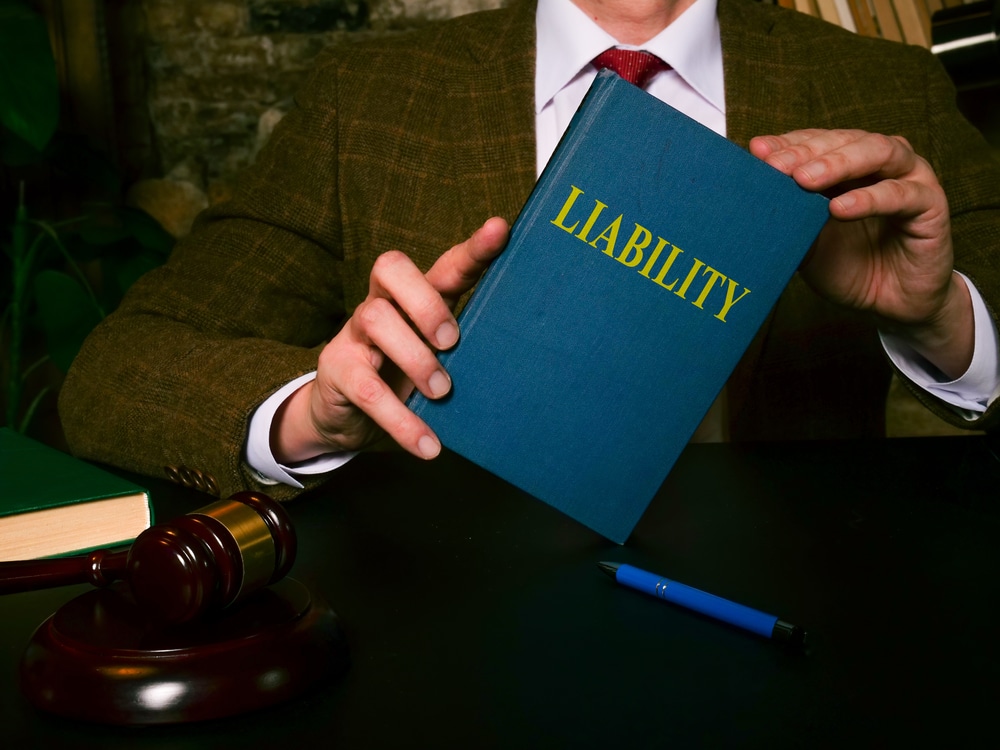Child & Teen Unintentional Injury Representation
Unknownst to many across the US, there is a period in the summer months known as the “100 Deadliest Days.” According to USA Today, which gives travel tips, more accidents of all types occur during this period. Many of these accidents are vehicle-related, but there are several other types, such as drowning and amusement part accidents.
In younger children, drownings occur more frequently, while in teens and young adults, vehicular accidents are the cause of life-changing injury and even death. Vehicular accidents are common in tourist spots such as Chester County, as it is famous for its historical attractions, such as the Battle of Brandywine site and botanical gardens.
The lodging accommodations are superior, and the love of horses and other livestock brings a great deal of tourism to Chester County in the summer. Wineries are also popular, and the tone of Chester County is very relaxed with hamlets and villages.
With the county’s roots starting in the 1700s, a concerted effort exists to preserve the small village feel and friendliness. A trip through Chester County usually results in multiple return visits, especially with the quaintness and covered bridges. This draws families, teens, and young adults to the area.
With all that said, like all tourist spots, the rates of accidents increase during the summer. According to the CDC, everything from minor to major vehicle crashes and drownings seems to dominate Unintentional injury is the term used by the legal profession.

How are Child and Teen Unintentional Injuries Litigated?
Since minors cannot by law retain an attorney, it falls to the parents or guardians of anyone underage. If over the age of 18, anyone injured can bring a lawsuit, as this is a legally binding contract between an attorney and client.
Certain aspects must be considered, however to successfully bring a case of unintentional injury to fruition.
- Age when injured
under the “age of majority” (18), the individual bringing the lawsuit must be the legal parent or guardian. A friend, neighbor, grandparent, etc., if NOT the legal guardian, cannot bring a negligence lawsuit.
- Amount of neglect
Were most safety measures followed, and yet an injury occurred? If these were, it makes it harder to prove or win a case as this is a mitigating circumstance that favors the defendant. Actual neglect wins more cases, but this should not be determined by the parent or legal guardian.
Only a qualified attorney with years of practice should be contacted, as unintentional injury to a child or teen can entail litigation against an insurance company or a private party. The same spectrum of damages and what is called “notion of care” or “duty of care” applies to public and private entities. Parents who host a party or event where a child becomes injured must take great care in supervision and ensuring safe premises.
- Separation of compensation
Parents and guardians can also be compensated many times for medical bills, both present and future. The child can be compensated for injuries now and in the future.
Childhood unintentional injuries can run the gamut as children have rights to compensation, but so do parents. It does become complex.
- Statute of limitations
Pennsylvania has its own timeframe for filing for negligence injuries, as do all states. Children may fall, slip, or become injured in another way and neglect to inform their parents. When in an accident, if partially at fault, teen drivers will often not report injuries to parents.
- Mitigating circumstances
This happens most often with teens who are still underage. Their behavior can be reckless and sometimes involves drug or alcohol use. This does not mean that some type of neglect didn’t occur, but an aggravating circumstance by the plaintiff does make winning a negligence lawsuit more difficult.
An example of this is a teen driver who accidentally has a traffic accident while running a red light. Or a teenager jumping into a lake with signs clearly posted that state, “NO SWIMMING.”
Many parties, both plaintiff and defendant, might be somewhat at fault in these complex cases.
- Aggravating circumstances
The abject disregard for a “duty of care” would constitute an aggravating circumstance and make a civil neglect case easier to win. Whether at a public park or at a private residence, carelessness in keeping the premises safe from accidents is a huge factor in a courtroom.
Outright negligent upkeep will win awards quickly, most times for plaintiffs who are injured as well as the parents or guardians.
Summary—Child and Teen Unintentional Injury Representation
A child or teen who is injured is usually unintentional. However, there are many distinct components to the pursuit of this type of injury claim. Timelines must be followed, and children may be asked to testify. This absolutely demands a seasoned negligence attorney such as Christian J. Hoey, ESQ, of Paoli, PA.
When a child or teen is unintentionally injured, a plaintiff “can’t afford to lose.” Call for a free consultation immediately: 1-800-GOHOEY1. The team at Hoey Legal will ensure that all facets of this type of complex case are covered completely. Remember, Christian J. Hoey is on the side of his clients 100 percent.
For more information on all our law services, visit us at HoeyLegal.com or call us at (610) 647-5151.
